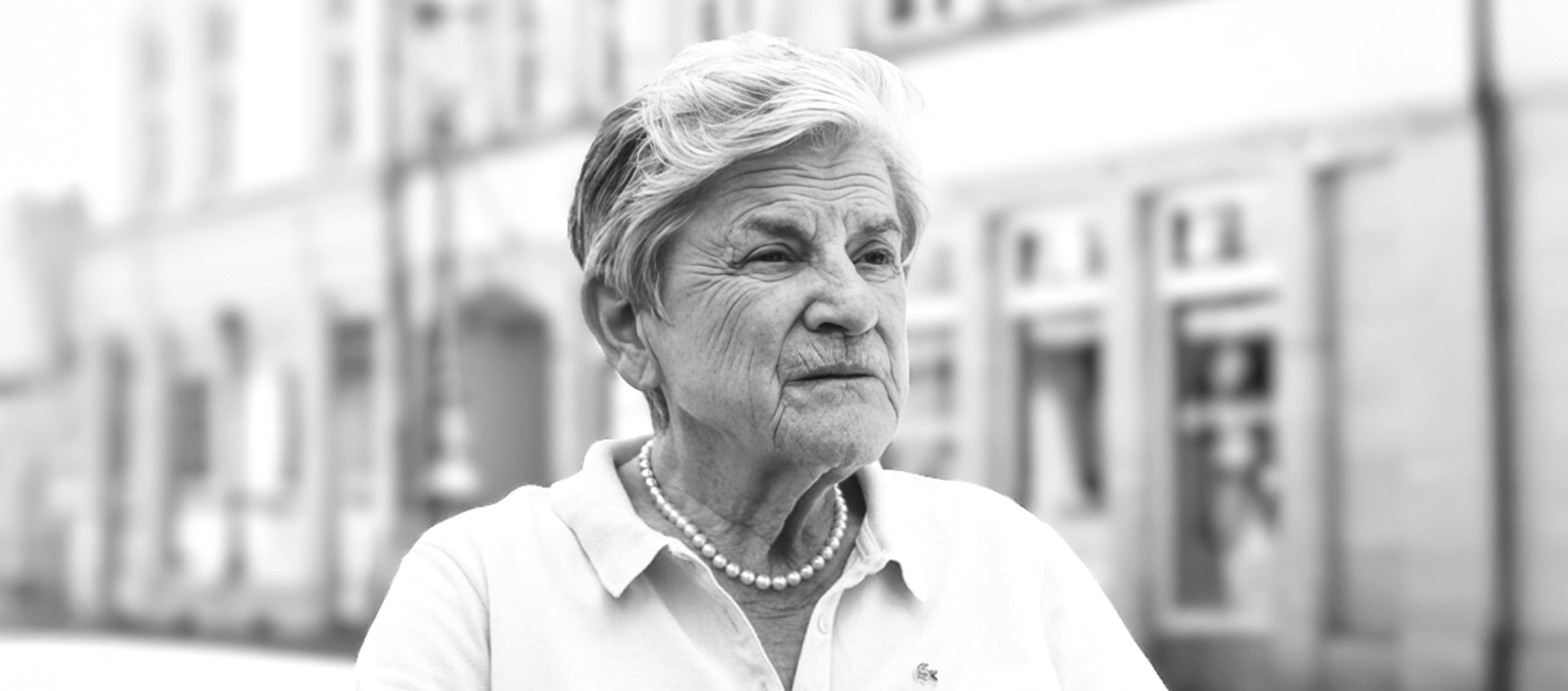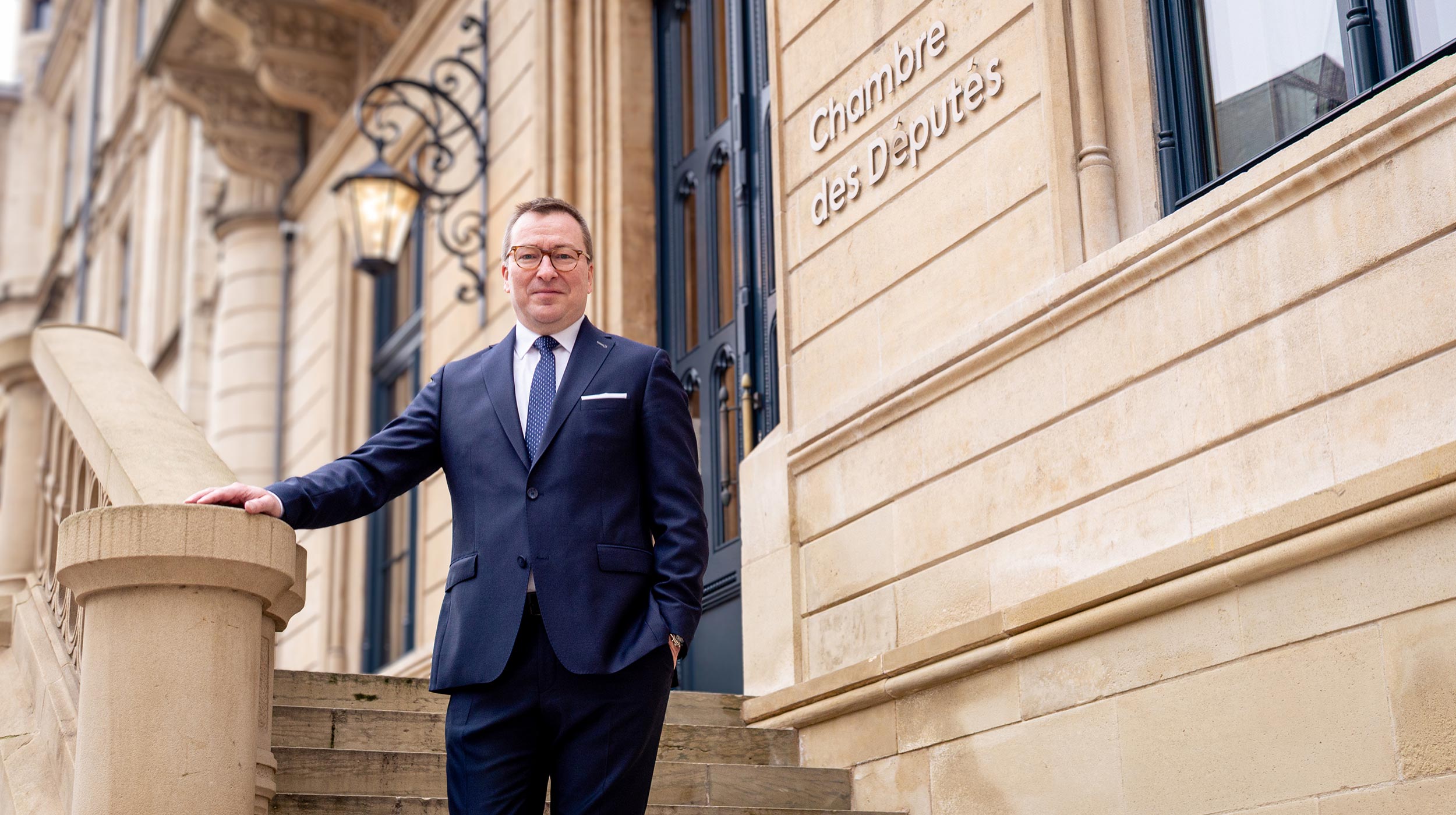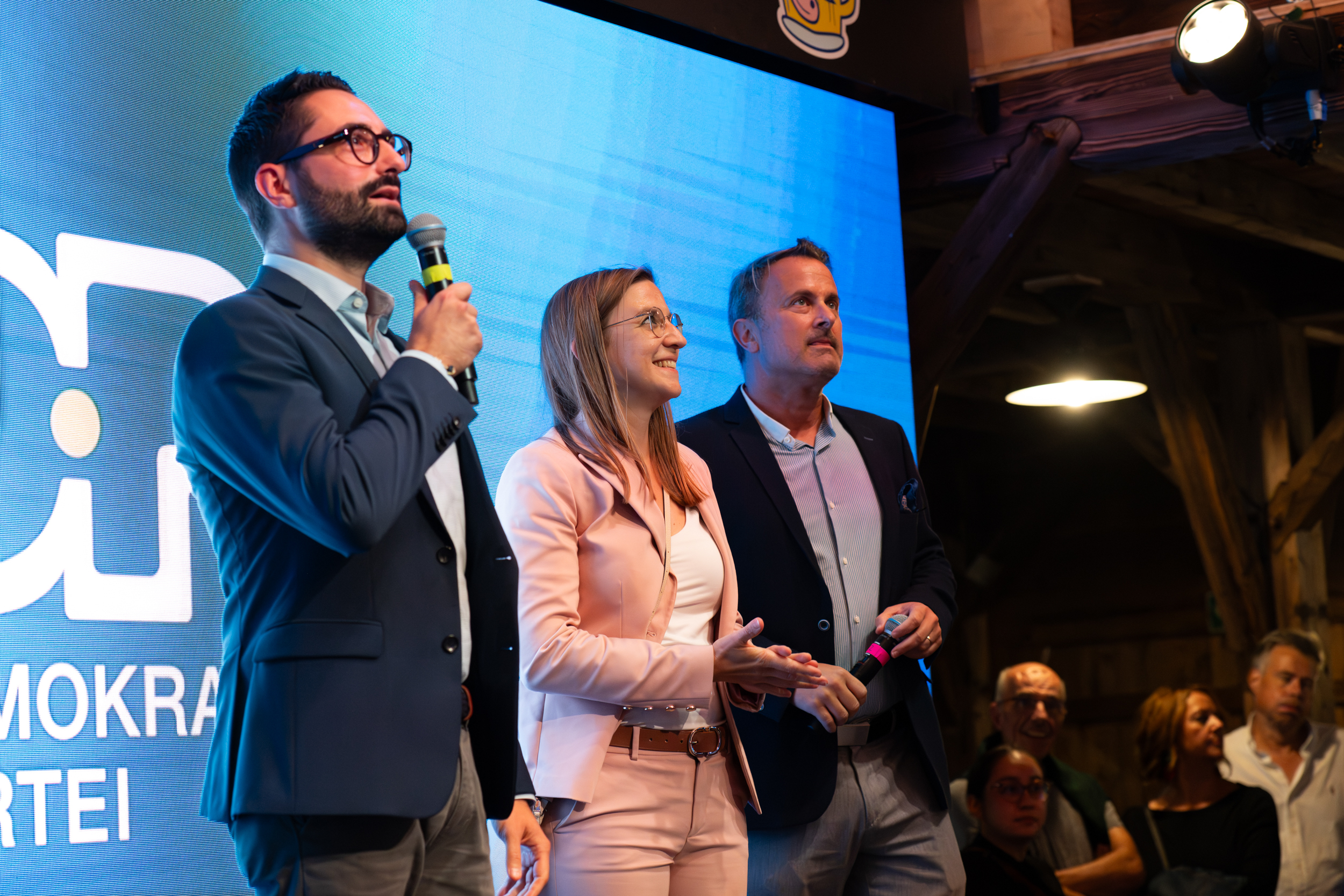3 questions for Guy Arendt
The Grand-Duchy has an extraordinary and a particularly dynamic media landscape. We mainly owe this to a media-friendly government policy, which introduced the first press subsidy in 1976 under the lead of prime minister Gaston Thorn. The financial aid was expanded to the audiovisual media sector in 1991. In the upcoming weeks, the Chamber of Deputies will adopt a new legislation on this matter.
Guy, you are the president of the Commission for Digitalisation, Media and Communications of the Chamber of Deputies. Why is this draft law so important for the Luxembourgish media?
GA: The initial subsidy was limited to newspapers, to print media in general. Several years later, the scope was widened to audiovisual content and today, we tend to consume more and more paperless media thanks to online services. Besides, it is our duty to guarantee the independence and the pluralism of the media. We are in the midst of a paradigm shift. The main purpose of the new legislation is to value the professionalism of a journalist. The allocation of a press subsidy shouldn’t depend on things like the type of media used or the page count of the print.
So this means that a greater emphasis will be put on the qualifications of a journalist? Why only now?
GA: Yes, exactly. That’s what’s been fixed in the 2018 coalition agreement. The aim is to value journalists and their work. To value professional journalists, who create objective, honest and great content. In the meantime, the government issued a grand-ducal regulation in 2017 to support the development of the online press. Arguably, this change could have been made way earlier, but important legal reforms take time. Now, it’s definitely time for us to join the trend of Paperless media and to put our journalists in the spotlight.
How do you perceive the media today, especially in times of Covid-19?
GA: Nowadays, young people mostly use the Internet to read and watch the news. Therefore, online media platforms need to get the necessary support to create high quality journalism. Online media are much more prone to fake news, so we must be very careful. In the same time, we need to ensure a great variety of choice. Media pluralism is a crucial part of every democracy. It involves thourough investigation and critical journalism.
The press has always played an important role for society, not only in times of crisis. The media carries a high amount of responsibility, especially today. People need to have access to the most essential and updated information, be it by listening to the radio or by reading or watching the news on the Internet. In Luxembourg, we have a great variety of multilingual media platforms. Foreign residents can access high quality journalism in whatever language they are most familiar with. That’s exactly what makes our media landscape so special.





